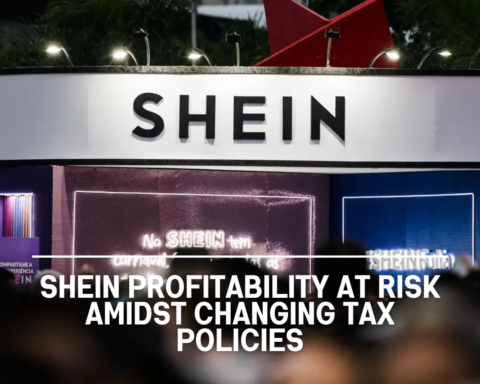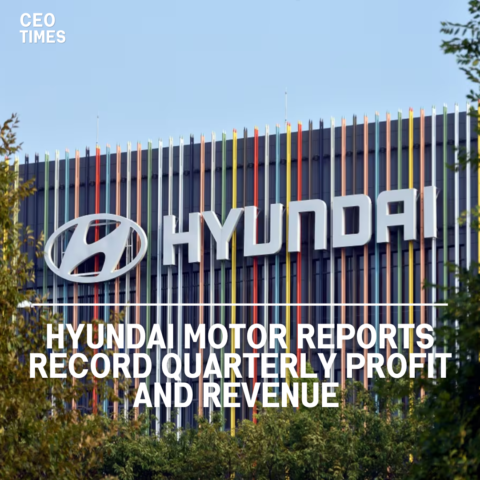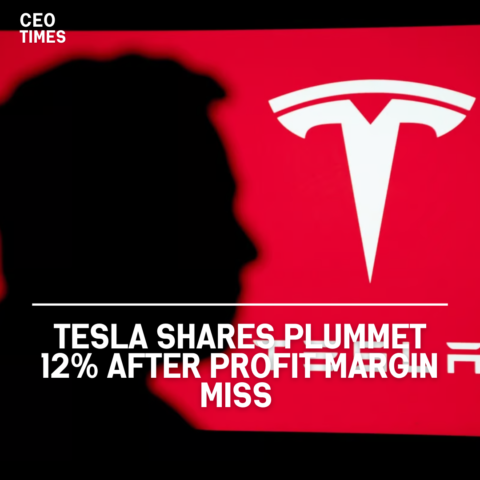Toyota Motor showcased next-generation engines on Tuesday, which can be used in cars such as hybrids and those running on biofuel.
This move targets tougher emissions standards and doubles down on Toyota’s strategy of selling more than just electric vehicles (EVs).
Collaboration with Subaru and Mazda:
At a media event with peers Subaru and Mazda Motor, the world’s biggest automaker by volume, displayed in-development 1.5-liter and 2.0-liter engines with significantly reduced volume and height versus current engines.
“With these engines, each of the three companies will aim to optimize the integration with motors, batteries, and other electric drive units,” they said in a joint statement. Toyota owns about a fifth of Subaru and roughly 5% of Mazda.
Decarbonising Internal Combustion Engines:
The three automakers stated their efforts would help decarbonize internal combustion engines by making them compatible with alternative fuel sources such as e-fuels and biofuels.
They also hope more compact engines will revamp vehicle design by allowing lower hoods.
Strategic Shift Amidst EV Slowdown:
Toyota was widely considered an EV laggard, but a slowdown in EV growth has seen it benefit from an uptake of petrol-electric hybrids.
Refreshing its traditional engine technology against that backdrop mirrors a similar move at Mercedes-Benz. At the same time, BYD is set to unveil new hybrid technology with lower fuel consumption later on Tuesday.
Engine Specifications and Improvements:
The Japanese automaker said its new 1.5-litre engine will achieve a 10% volume and weight reduction compared to its existing 1.5-litre engines, which it uses in cars such as its Yaris compact.
The new 2.0-litre turbo engine will offer similar gains to existing 2.4-litre turbo engines used in bigger models, such as three-row sport utility vehicles.
Chief Technology Officer Hiroki Nakajima declined to say when Toyota will launch models equipped with the new engines.
Automakers face tougher emissions standards in markets such as the European Union, where policymakers are working toward emissions rules known as “Euro 7” for cars and vans from 2030 before banning sales of new CO2-emitting cars from 2035.
Multi-Pathway Approach to Carbon Neutrality:
While electric vehicles have become more prominent in recent years, Toyota has followed a “multi-pathway” approach to carbon neutrality with vehicles offering a range of powertrains.
It sold about 2.4 million vehicles in January-March, of which nearly two-fifths were petrol-electric hybrids. Plug-in hybrid, fuel-cell, and all-battery electric vehicles accounted for just 2.9%.
Chairman Akio Toyoda said in January that EVs would reach a global auto market share of 30% at most, with hybrids, hydrogen fuel-cell, and fuel-burning vehicles making up the rest.




















